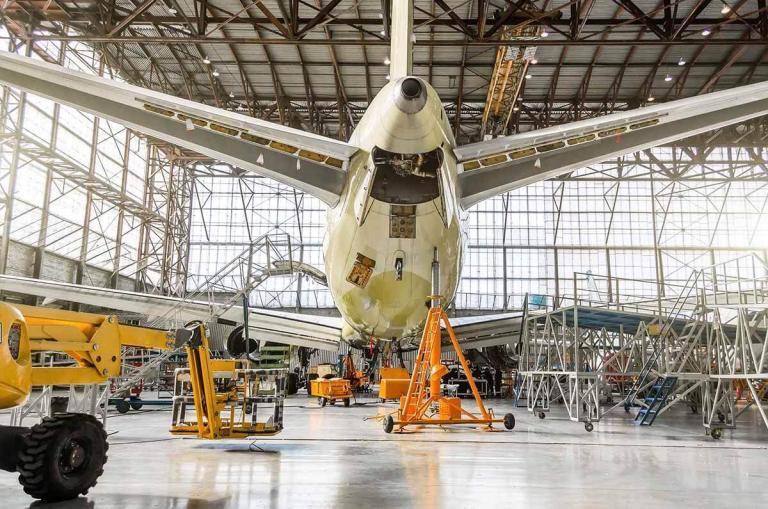Close collaboration with end users and start-ups will create fresh growth prospects, finds Frost & Sullivan
LONDON – 18 July 2019 – The global military training and simulation (T&S) market is witnessing rapid transformation, primarily driven by a shift away from traditional live methodologies towards a more blended environment. The adoption of commercial off-the-shelf technologies, demand for interoperable live, virtual, and constructive (LVC) networked architectures, and the prevalence of new business models such as Training-as-a-Service (Taas) will usher in greater market opportunities as well as drive the $9.28 billion market towards $19.65 billion by 2027.
“Several Western countries have already started implementing LVC visions in T&S, facilitating the evolution of training environments through multi-phased projects involving defence and commercial industry participants,” said Alexander Clark, Industry Analyst, Defence at Frost & Sullivan.
However, integrating legacy systems with these new architectures will come with certain challenges.
“High operational tempos and stretched defence budgets have resulted in the need for new business models for cost reduction. The TaaS model will increasingly become prevalent, especially in the air domain, where the delta between military and civil aircraft is small,” noted Clark.
For further information on this analysis, please visit: http://frost.ly/3lu
Clark sees commercially developed technologies such as augmented reality and virtual reality maturing and playing a key role in industry adoption.
“Developments in the video gaming industry are paving the way for technologies that allow for greater levels of visual fidelity in T&S systems such as Bohemia Interactive Simulations’ Virtual Battlespace 3,” stated Clark. “As T&S solutions become more mobile to meet the demands of global force deployments, the role of material science and technologies in different industries will become increasingly important. This will facilitate a decrease in the size, weight, and power requirements of T&S systems, which traditional T&S companies will need to adapt to and integrate in order to stay relevant in an evolving market environment.”
Growth opportunities participants should tap into for future successes include:
- Close collaboration with end users with clear definitions of operational requirements.
- Engaging with start-ups, which is essential to refine and improve T&S fidelity.
- Next-gen solutions that can be deployed globally with forces and allow for a variety of mission and geographical offerings within simulations.
Frost & Sullivan’s recent analysis, Global Military Training and Simulation Market, Forecast to 2027, delves into the key trends in the T&S market, identifies the drivers and constraints, and sheds light on the competitive landscape and evolving market share of major participants. Based on a thorough analysis, it seeks to generate a forecast for the global market, identifying future opportunities for T&S systems across the land, maritime, and air domains.
Global Military Training and Simulation Market, Forecast to 2027 is the latest addition to Frost & Sullivan’s Defense research and analysis available through the Frost & Sullivan Leadership Council, which helps organisations identify a continuous flow of growth opportunities to succeed in an unpredictable future.
About Frost & Sullivan
For over five decades, Frost & Sullivan has become world-renowned for its role in helping investors, corporate leaders and governments navigate economic changes and identify disruptive technologies, Mega Trends, new business models and companies to action, resulting in a continuous flow of growth opportunities to drive future success. Contact us: Start the discussion.
Global Military Training and Simulation Market, Forecast to 2027
ME42-16
Contact:
Jacqui Holmes
E: jacqui.holmes@frost.com
Twitter: @FrostADS
LinkedIn: Aerospace, Defence and Security
http://www.frost.com




